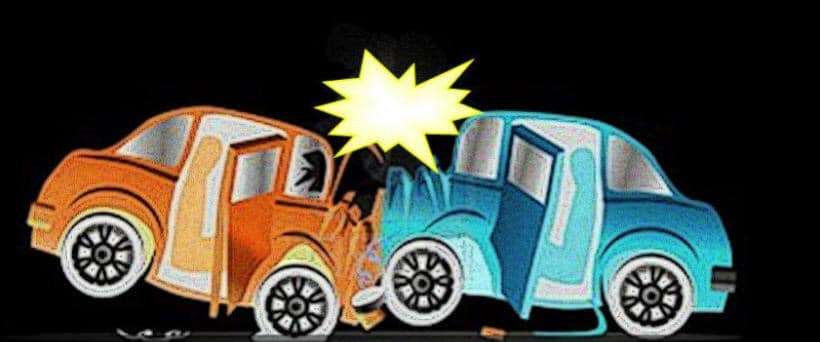What to do after a Car Accident – World Insurance Companies Logos. If you’ve been involved in a car accident, it’s important to stay calm and take the necessary steps to ensure your safety and protect your interests. Here’s what you should do after a car accident:
Tips for drivers


Turn off the engine and take the key.




If you are involved in an accident, first make sure there are no injuries in the car. Then check the occupants of the other vehicle or, if necessary, make sure no pedestrians are injured.
Then consider these five factors:
Safety Tips For Accident Prevention
Here are some tips when you’re driving:
- Do not allow children to fight or get into your car (they should be secured in their seats at all times).
- A bump or too much noise can easily distract you from concentrating on driving safely.
- Cell phones can also distract you from the task at hand: getting to your destination safely.
- Avoid driving when tired. Be aware that some medications can cause drowsiness and make driving very dangerous.
- Always use caution when changing roadways. Cutting into someone’s lane, changing lanes too quickly, or failing to signal could cause an accident or interfere with other drivers.
What should I do if a police officer pulls me over? – Tips for Drivers
If you see a police car following you with emergency lights flashing, pull over safely and quickly to the side of the road.
Wait in your vehicle until the officer approaches and speaks to you, and be prepared:
What should I know about speeding and other traffic laws?
Tips for Drivers. Some streets are designated as slow zones.
These may include streets in areas with heavy pedestrian traffic, such as school zones and streets with many intersections.
Driving above the speed limit can put you and others at risk.
7 things to do to keep you safe and avoid a ticket:
Drunk driving kills people
Tips for Drivers. It’s a simple fact: Drinking and driving kills people. Driving after consuming alcohol is known as driving under the influence (DUI) or driving while intoxicated (DWI).
A DUI arrest can have costly consequences, including jail time, license suspension or revocation, and fines. If you hit or kill someone while driving impaired, the consequences are even worse.
It’s also illegal to have an open container of alcohol in your car. If you’re transporting alcoholic beverages, they should be sealed and in the trunk.
In some cities, law enforcement officials set up roadside sobriety checkpoints to deter and identify impaired drivers. Checkpoints are usually set up during holiday weekends or on dates when there may be an increase in drinking and driving.
If you are stopped at a checkpoint, you will be asked several questions and may be asked to perform a field sobriety test (such as saying the ABCs backwards, performing some physical movements, or blowing into an alcohol sensor). If these tests show that you have a high alcohol level, the police may arrest you.
Winter driving tips
Tips for Drivers.
First, buckle up. Basic car safety encourages the use of seat belts and car seats at all times.
They’re one of your best defenses in a crash. And it’s the law.
Winter can bring snow, freezing rain and slush, all of which can make driving hazardous.
Use extra caution in areas that can quickly become icy, especially intersections, shaded areas, bridges and overpasses.
Since the winter season can bring all kinds of weather surprises, regularly check the weather forecast on TV or radio to prepare for inclement weather.
On severe weather days, schools and workplaces may close or delay opening. Consider staying home if you don’t need to travel.
Make sure you have an emergency kit in the trunk of your car, including blankets, a first aid kit, and jumper cables. Include some food and water in your emergency kit, make sure your cell phone is fully charged, and that your car always has a full tank of gas.
Explore-> Melhores Seguradoras de Carros
Check-> Aseguradoras en Argentina
What to do after a Car Accident – World Insurance Companies Logos